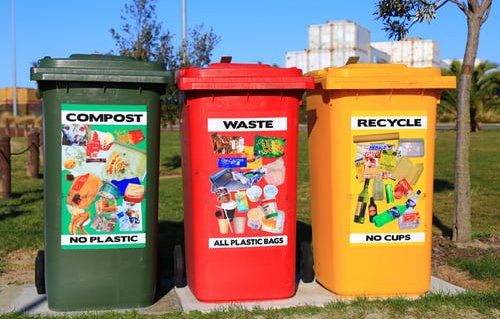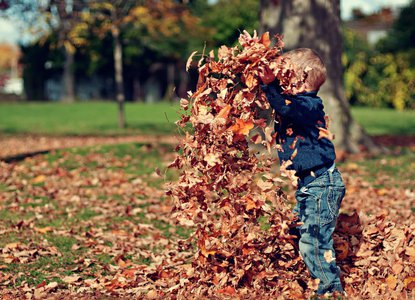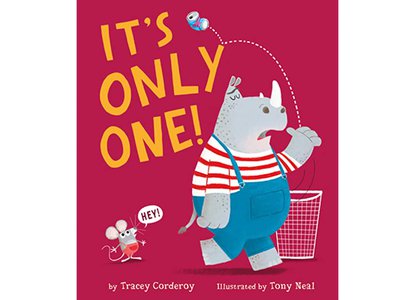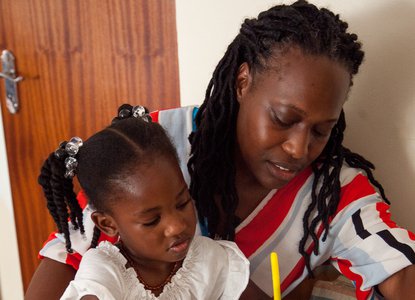It’s never too early to talk to your child about the things you love to see and experience outdoors together. Do they like walking on sand, running around trees, the sound of birdsong or the smell of freshly cut grass?
It's important that children are given the opportunity to enjoy spending time outdoors. This will help them build a relationship with the natural world and learn to care for it.
How to talk to your child about climate change
- You can involve your child in disposing of litter responsibly, recycling old toys, games and clothes, safely storing uneaten food in the fridge or cupboard to be enjoyed later.
- Talk about single use plastic, how it can be dangerous for marine creatures when it fills our oceans and seas and find alternatives which can be used safely.
- Use the words REDUCE, REUSE, RECYCLE so that they become part of your child’s vocabulary and part of your daily routine.
- Include climate change themed books in the stories you read together. It is important that books show children the importance of playing their part in protecting animals and creatures and that this becomes empowering for them. Ask your local librarian for suggestions.
Climate change book recommendations
- Tidy by Emily Gravett. When Pete the badger tidies up the forest by clearing all of the leaves and pouring concrete over the forest floor to make it all look neat he discovers that he and his friends no longer have anywhere to live or anything to eat. Together they must find a solution and work hard to restore the forest to its natural state.
- Dinosaurs and all that rubbish by Michael Foreman reinforces the message that we need to look after all living things around us and think about how we can make the things we use last rather than just disposing of and replacing the things we have.
- George Saves The World By Lunchtime by Jo Readman and Ley Honor Roberts shows how reusing, reducing and recycling can become part of our regular habits and way of living.
- Somebody Swallowed Stanley by Sarah Roberts . Everybody has a taste for Stanley - and the other ocean creatures just keep mistaking him for a delicious treat - but this is no ordinary jellyfish. Most jellyfish have dangly-gangly tentacles, but Stanley has two handles…Other jellyfish have a magical glow, but Stanley has stripes… Because Stanley (spoiler alert) is a plastic bag!




